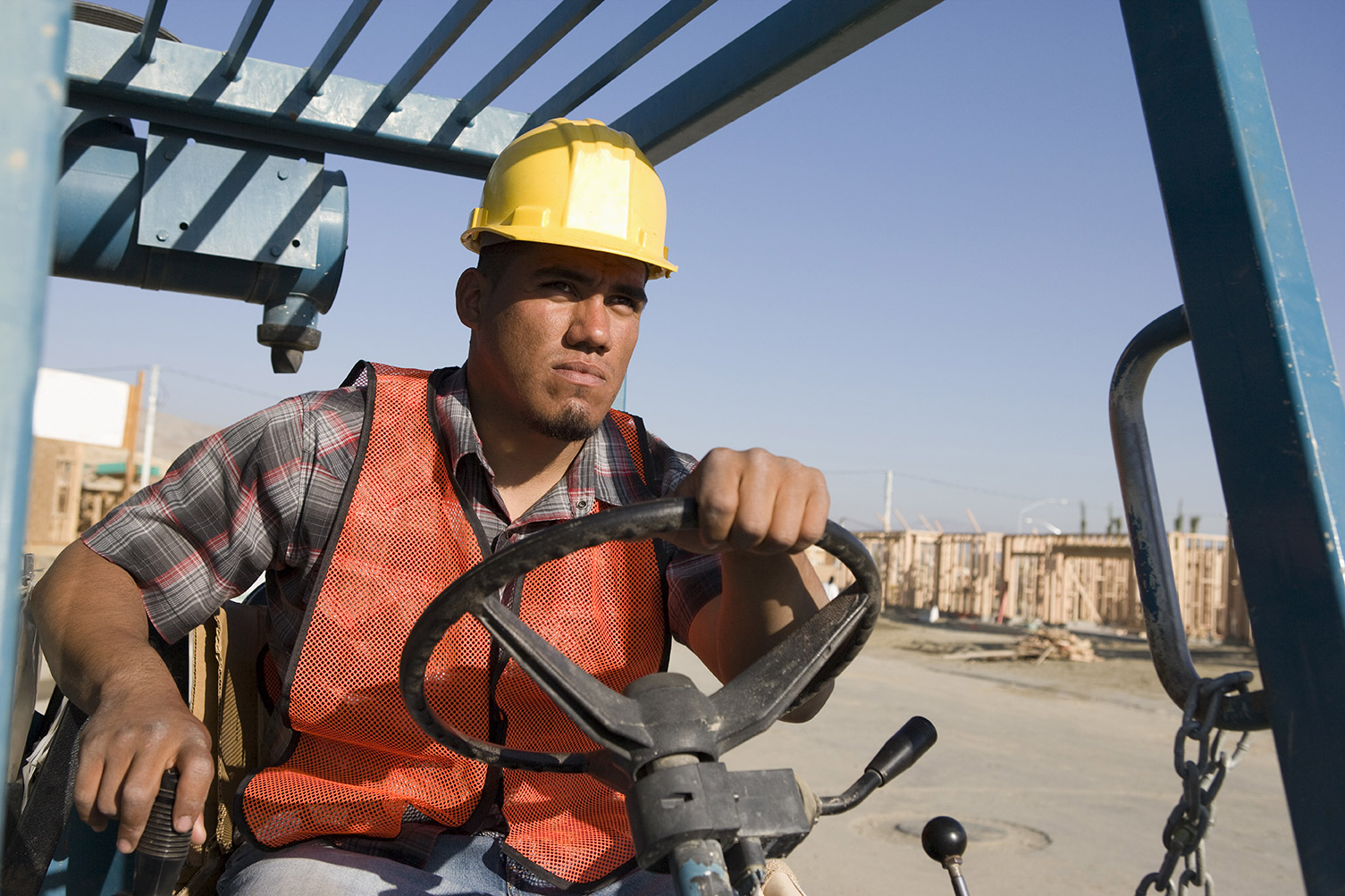
In the aftermath of Hurricane Harvey, day laborers, the majority of which are undocumented immigrants, are being put to work thanks to the many reconstruction projects now underway. This situation is not entirely surprising, as half the construction workforce in Texas are in the states illegally. According to a study released in 2013, nearly 400,000 construction workers are undocumented and many of those workers are subject to unfair treatment. With the increased demand brought on by Harvey, worker exploitation has only gotten worse.
A Portrait of Exploitation
Day after day, undocumented workers gather near stores like Home Depot and local gas stations, where they hope to pick up jobs. Because of the nature of these “contracts,” many laborers receive paltry compensation for their time and suffer wage theft. Following Harvey, nearly 85 percent of workers received no safety training, and out of 350 survey participants, nearly 25 percent did not receive wages at all. In some cases, employers just left without a word.
Even without storms like Harvey, exploitation is all too common. According to the aforementioned study, undocumented laborers receive, on average, about $3 less than their US citizen counterparts, and they often don’t receive workers’ compensation or safety training. Many of the laborers are exposed to severe health risks, sometimes working near mold and other contaminants without the proper safety gear. And with increased immigration enforcement under Trump, day laborers, who are already working in precarious conditions, must fear deportation at every turn. Of course, hurricanes aggravate these conditions.
Advocacy
Immigration advocates have been working to inform these workers of their legal rights, particularly in relation to wage theft. People like Mauricio “Chele” Iglesias have come forward demanding rights for these exploited workers. “Houston needs a construction workforce that is unafraid to demand dignified wages and safe job sites,” he told Renée Feltz of The Intercept. The fact is: even undocumented workers have certain protected rights – at least on paper.
Rights
In Texas, all workers, documented and undocumented alike, have a right to file a wage-theft complaint with the Texas Workforce Commission. However, other Texas statutes have weakened that channel of redress. In the early nineties, Texas joined the Right-to-Work bandwagon – meaning non-union workers are no longer required to pay so-called “agency fees” in exchange for union representation at the negotiating table. This, in turn, has led to weaker unions, and thus lower wages and poorer working conditions.
Add to this the fact that Texas workers lose the most money in wage-theft and you have optimal conditions for worker exploitation.
A Story of Exploitation
Take Jose David Lisardo, an undocumented worker who has experienced first-hand the trials and tribulations of pre- and post-hurricane mistreatment. “Most of the time, they come only for the labor. They don’t take safety into account or the protection for the workers. They see us, and they know we’re Hispanic. We are afraid to report because we’re not protected,” he told NPR. Even though there are some protections for people like Mr. Lisardo, those regulations are extraordinarily difficult to enforce after a storm like Harvey.
Asked whether he would fight for remuneration of lost wages, Lisardo says he’s just too busy to consider such things. He has to send money home to his family in Honduras, in addition to maintaining his life and home in Texas. After all, immigrants must also work to fix their own ruined abodes in the wake of Hurricane Harvey. Who, we must wonder, will work to help them recover?



Leave a Comment